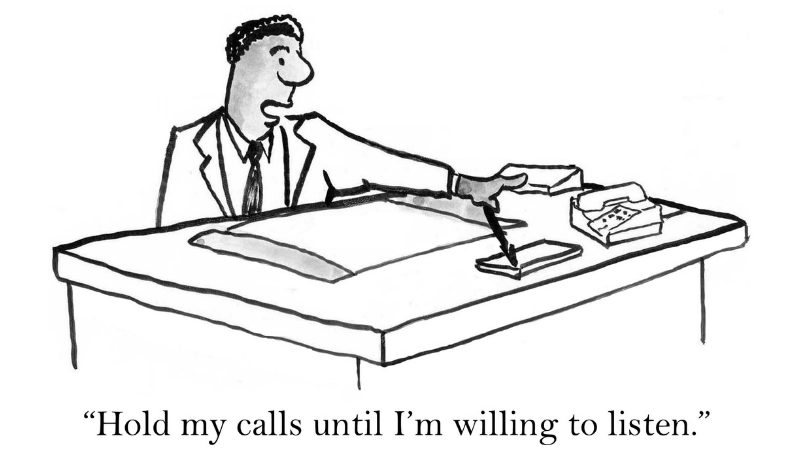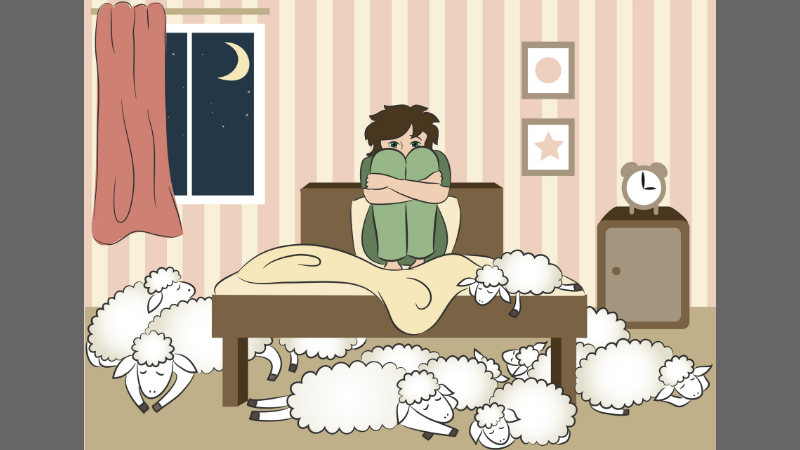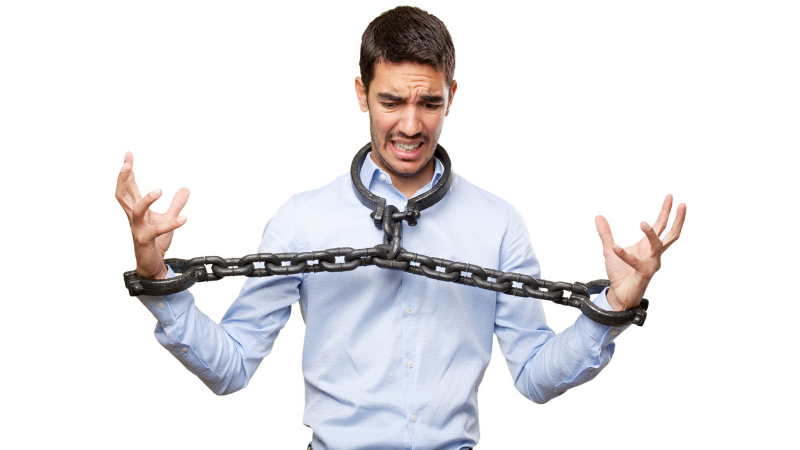Moving from Willfulness to Willingness
I am a stubborn person. So stubborn, in fact, that I will dig in my heels even when it doesn’t make sense and demand that the world change around me. It could be said that I’ve lived my life by willfulness.
Here’s an example:
My now-husband, Dan, and I were dating, and I was undiagnosed and coming off an incredibly rough cycle. His daughter was a teen at the time, and they have an amazing, special relationship. Also, he was working 80-100 hours every week; half of that was overtime to save up for a house, a ring for me, and to plan for the future in general.
I was jealous of his daughter and insecure in myself.
So now it’s the 4th of July and a family friend is a throwing a party in the Santa Cruz mountains. To this point, I’d gone nearly every year; it was part of my family traditions. He had zero interest in going: Neither he nor his daughter knew anyone there; it would be unusually hot; and, he wanted to enjoy an actual day off.
For an exhausted introvert, everything about this situation screamed “NOPE!”
Willfulness fully activated by Dan’s refusal to go along with my expectations, I dug in my heels. Obviously, he would change his mind once the day came.
Guess who else is an expert in willfulness? Yup, Dan. Especially when he was feeling stretched between his girlfriend, his daughter, and providing for the future.
I was jealous of his daughter and insecure in myself.
The 4th of July rolls around, and he’s still refusing to go to the party. I’m getting angry and frustrated: “Why won’t he just go with the program?” Meanwhile, he’s trying to find a way to relax on a well-earned day off.
Finally, he tells me he’s not going to spend the day with me at all. He’s taking his daughter to a movie and then they are going to see some fireworks.
I promptly insisted on coming along. Not my best move.
At the end of the day, no one saw a movie, and we spent three hours driving around in his truck – with both of our girls – looking for fireworks, with me basically throwing a tantrum over every place he found to watch them.
When we got back to my car, he told me not to call or text him for a month. My willfulness had a high cost.
I could argue that my fear and my jealousy motivated my willfulness in this situation, but it doesn’t matter. I could say that he had an opportunity to make things easier on all of us by just doing what I wanted.
I could argue a lot of things to justify my behavior. None of those change the fact that my willfulness nearly ended our relationship.
Everything I did that day stemmed from willfulness. It had to be done my way, or not done at all. In retrospect, I see that my refusing each of the fireworks locations had less to do with the reasons I presented and more with my (petty) anger that we didn’t go to the party.
I ruined not only my day but the day of three other people as well.
This is the definition of willfulness: We insist that the world and the people in it conform to our expectations and desires. When they don’t, we act like toddlers: picking up our toys and leaving in a huff.
For some of us, willfulness is a way of life. We have strong expectations in most situations and enforce them, regardless of the cost.
I ruined not only my day but the day of three other people as well.
For others, willfulness shows up only occasionally. Dan, who is a pretty willful guy in general, still knows when to let go of a situation.
Let’s be clear: Willfulness can be healthy. There are times when we need to dig in and make our voices and our needs clear. Sometimes, self-care demands willfulness.
But when we are talking about people who live with depression, anxiety, bipolar disorder, borderline personality disorder, or another mental illness, willfulness can become a way of life. It damages our relationships and keeps us from participating fully in our lives.
The opposite of willfulness is willingness. Willingness is about more than just letting go or picking our battles. Willingness is a decision to participate fully in a situation we might not like or be happy about.
Whereas willfulness is all about us, willingness is about the people we are with and the situation we are in.
Willingness is especially helpful when we come up against a situation we cannot change. It is easy to slide into denial and act unwisely because we are unhappy with our options.
This is how so many of us end up in credit card debt.
We want something, like a vacation trip. Maybe we justify it: “This is my last opportunity to see Nana before she goes.” We don’t have the money set aside, and we live paycheck-to-paycheck. There is no extra money for anything, let alone an expensive plane ticket.
Whereas willfulness is all about us, willingness is about the people we are with and the situation we are in.
Rather than acknowledge our reality, we put it on a credit card. Then the bill comes, and we can’t squeeze out the monthly payment, either. Our willfulness, our unwillingness to look for alternative options, has made our financial situation worse.
Moving from Willfulness to Willingness
Moving from a posture of willfulness to one of willingness takes a few things:
Does the Story Fit the Facts?
First, we have to make sure the story fits the facts.
Our minds love looking at a set of facts and fabricating an emotional story from it. We see a situation and overgeneralize it, saying to ourselves, “That’s how it always goes for me.” We hit a relationship challenge, and assume that the other person’s behavior stems from a particular thought – mind reading.
Stepping back, looking at the facts, and determining if there’s an alternate explanation that fits them is the first key to willingness.
Accept Reality
The reality is that I can’t change people. The reality is that I can’t force anyone to do anything. The reality is that the facts are the facts.
When we are in a challenging situation and accepting reality seems nearly impossible, it’s a good time to practice the Radical Acceptance skill.
Choose Your Response
I can’t change the facts, but I can change my response to them.
When someone sets a boundary with me, I decide if I will accept the boundary, negotiate the boundary, or leave the relationship. I have the power to make that decision.
When I genuinely don’t have a choice but to do something I don’t want to do, I decide to engage in it enthusiastically. Rather than be willful, I use the Opposite Action skill and participate fully.
Willingness Creates a More Fulfilling Life
When we choose to embrace willingness over willfulness, we choose to participate more fully in life. Our relationships become more vibrant and healthier, we experience more joy, and we discover new activities we enjoy.
Moving from willfulness to willingness may not feel easy. In truth, it can be quite challenging. But learning to live with open hands brings incredible rewards.
Looking for daily inspiration and community? Join our warm and supportive Facebook group!








